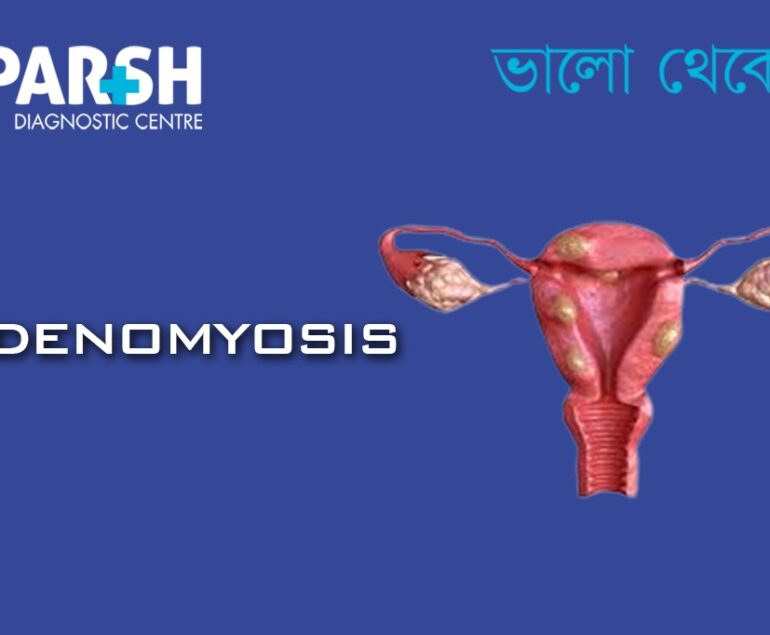Electrolytes are minerals in your body that help maintain fluid balance, muscle function, and nerve signaling. These include sodium, potassium, calcium, magnesium, chloride, phosphate, and bicarbonate. An imbalance in these electrolytes can lead to serious health complications. This blog delves into the causes, symptoms, diagnosis, and treatment of electrolyte imbalances.
What is an Electrolyte Imbalance?
Electrolyte imbalance occurs when the levels of essential minerals in your body are either too high or too low. Since electrolytes regulate many physiological functions, any disruption can lead to mild to severe health issues.
Causes of Electrolyte Imbalance
Electrolyte imbalances can occur due to various factors, including:
1. Dehydration
2. Kidney Disorders
3. Hormonal Imbalances
- Addison’s disease (low aldosterone levels)
- Hyperaldosteronism (high aldosterone levels)
4. Medications
- Diuretics
- Chemotherapy drugs
- Corticosteroids
5. Chronic Conditions
6. Excessive Alcohol Consumption
Alcohol depletes essential electrolytes like magnesium and potassium.
7. Eating Disorders
Conditions like anorexia and bulimia can lead to severe imbalances due to malnutrition and purging.
Electrolyte Imbalance symptoms
Symptoms of an electrolyte imbalance depend on which mineral is affected. Here are some key signs:
1. Sodium Imbalance (Hyponatremia/Hypernatremia)
- Confusion
- Fatigue
- Seizures
- Muscle weakness
2. Potassium Imbalance (Hypokalemia/Hyperkalemia)
- Muscle cramps
- Abnormal heart rhythms
- Tingling sensations
3. Calcium Imbalance (Hypocalcemia/Hypercalcemia)
- Bone pain
- Numbness and tingling
- Weakness
- Arrhythmias
4. Magnesium Imbalance (Hypomagnesemia/Hypermagnesemia)
- Tremors
- Weakness
- Irregular heartbeat
5. Chloride Imbalance (Hypochloremia/Hyperchloremia)
- Muscle spasms
- Shallow breathing
- Dehydration

Diagnosis of Electrolyte Imbalance
A healthcare provider may use the following diagnostic tests:
- Blood tests to measure electrolyte levels
- Urine tests to assess electrolyte excretion
- Electrocardiogram (ECG) to detect heart rhythm abnormalities
Electrolyte Imbalance treatment
The treatment depends on the type and severity of the imbalance.
1. Replenishing Deficient Electrolytes
- Oral Supplements: For mild deficiencies, electrolyte supplements such as potassium or calcium can be taken orally.
- IV Therapy: Severe imbalances often require intravenous electrolyte replacement.
2. Managing Underlying Conditions
- Kidney disease: Adjusting medications and dialysis may be necessary.
- Diabetes: Controlling blood sugar helps prevent imbalances.
3. Dietary Changes
- Increase potassium intake by consuming bananas, oranges, spinach, and potatoes.
- Maintain sodium levels with a balanced diet.
- Boost calcium intake through dairy products and leafy greens.
- Consume magnesium-rich foods like nuts, seeds, and whole grains.
4. Medication Adjustments
- Diuretics should be carefully monitored.
- Some cases require electrolyte binders to prevent excessive mineral absorption.
5. Hydration Management
- Drink plenty of fluids.
- Replenish lost electrolytes with oral rehydration solutions, especially after intense exercise or illness.
Prevention of Electrolyte Imbalance
- Stay hydrated
- Eat a well-balanced diet
- Monitor chronic health conditions
- Avoid excessive alcohol consumption
- Get regular medical check-ups
When to seek medical help?
Seek medical attention if you experience:
- Persistent nausea and vomiting
- Severe muscle cramps or weakness
- Confusion or seizures
- Irregular heartbeats
Electrolyte imbalances can have serious consequences if left untreated. Understanding the causes, symptoms, and treatment options can help maintain proper electrolyte balance and overall health. Always consult a healthcare provider for accurate diagnosis and treatment recommendations.
To consult a Doctor at Sparsh Diagnostic Centre, call our helpline number 9830117733.
#BhaloTheko
Disclaimer:
No content on this site, regardless of date, should ever be used as a substitute for direct medical advice from your doctor or other qualified clinician.

![]()






[…] patient shows signs of systemic toxicity, such as fever, elevated heart rate, dehydration, electrolyte imbalance, or altered mental […]
[…] to check dehydration, electrolyte imbalance, and inflammation […]
[…] Electrolyte imbalances (low phosphate, bicarbonate, or potassium levels) […]
[…] Electrolyte imbalances: Electrolytes such as potassium, calcium, magnesium, and sodium help regulate the heart’s electrical signals. An imbalance in these electrolytes, often due to dehydration, medications, or illness, can lead to arrhythmia. […]
[…] Disorders:Diabetes and severe electrolyte imbalances may damage muscles over […]
[…] Constant thirst and frequent urination can lead to dehydration and electrolyte imbalances, causing fatigue or […]
[…] is one of the most common electrolyte imbalances seen in clinical practice. It occurs when the sodium concentration in the blood falls below normal […]
[…] Dehydration and electrolyte imbalance […]
[…] Electrolyte imbalance […]
[…] Electrolyte Imbalances […]
[…] 10. Electrolyte Imbalances […]
[…] Electrolyte imbalances […]
[…] Tests:Helps detect thyroid problems, electrolyte imbalances, or other […]
[…] 7. Electrolyte Imbalances […]
[…] 1. Dehydration or Electrolyte Imbalance […]
[…] 2. Electrolyte Imbalance […]
[…] Electrolyte imbalances affecting heart function […]
[…] Severe electrolyte imbalances (e.g., hyperkalemia) […]
[…] Electrolyte imbalances (e.g., high potassium) […]
[…] Electrolyte imbalance […]
[…] Electrolyte imbalances […]
[…] 2. Electrolyte Imbalance […]
[…] Blood tests: These can help identify underlying conditions such as anemia, dehydration, or electrolyte imbalances. […]
[…] fatty stools may lead to dehydration and electrolyte imbalances, which should be corrected […]
[…] Electrolyte imbalances […]
[…] Electrolyte imbalance […]
[…] Fatigue and weakness: Resulting from the accumulation of toxins and electrolyte imbalances. […]
[…] Aldosterone is a vital hormone produced by the adrenal glands that plays a crucial role in maintaining blood pressure and regulating electrolytes. As part of the renin-angiotensin-aldosterone system (RAAS), aldosterone helps the body retain sodium and excrete potassium, ensuring proper fluid balance and circulation. Disorders related to aldosterone levels, such as hyperaldosteronism and hypoaldosteronism, can lead to serious health issues, including high blood pressure and electrolyte imbalances. […]
[…] advanced stages, complications such as anemia, bone disease, electrolyte imbalances, and heart disease may […]
[…] Heat Cramps – Painful muscle spasms due to electrolyte imbalance. […]
[…] Electrolyte Imbalances: Electrolytes like potassium, magnesium, calcium, and sodium play a key role in regulating heart function. Imbalances in these electrolytes can cause palpitations and arrhythmias. […]
[…] 3. Electrolyte Imbalances […]
[…] sodium levels and high potassium levels, known as hyponatremia and hyperkalemia, respectively. This electrolyte imbalance can cause the digestive system to malfunction, leading to […]
[…] acidosis and electrolyte imbalance can lead to unconsciousness or […]
[…] 2. Electrolyte Imbalance […]
[…] levels. The overproduction of aldosterone leads to hypertension (high blood pressure) and an imbalance in electrolytes, which can cause various complications if left […]
[…] Electrolyte Imbalances: Abnormal levels of potassium, magnesium, calcium, or sodium in the blood can disrupt the heart’s electrical activity, increasing the risk of arrhythmias and cardiac arrest. […]